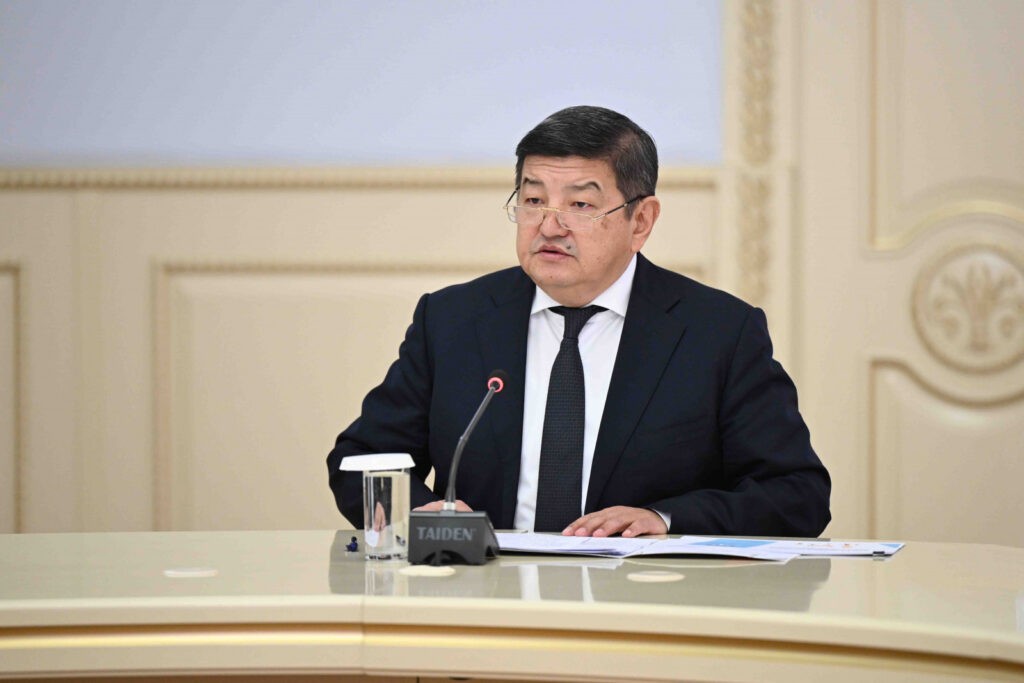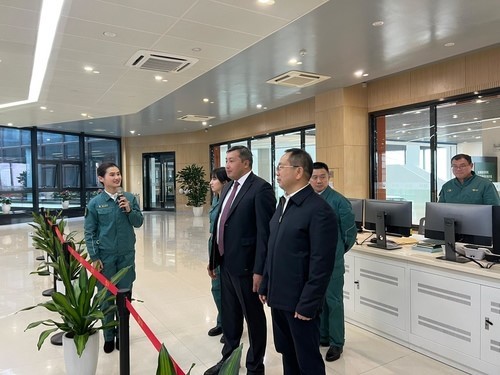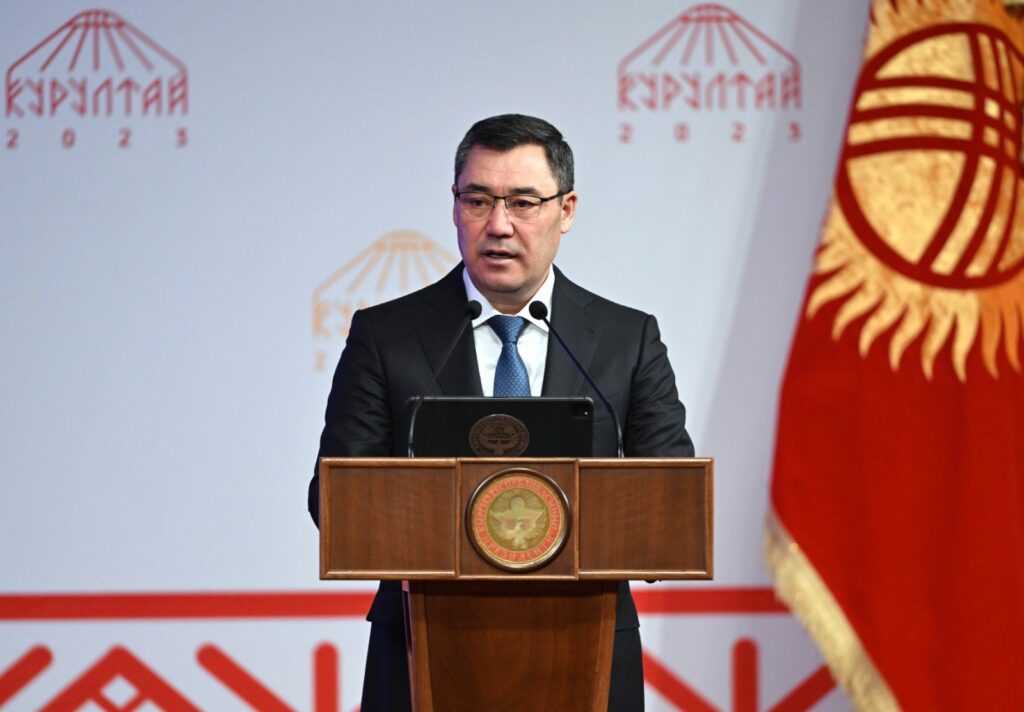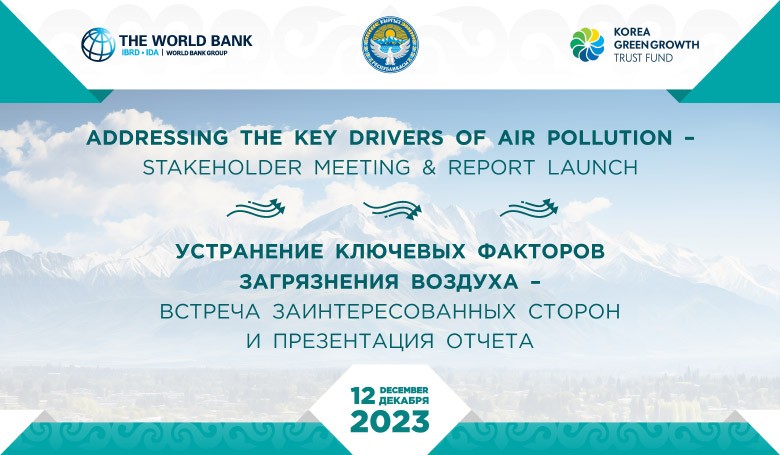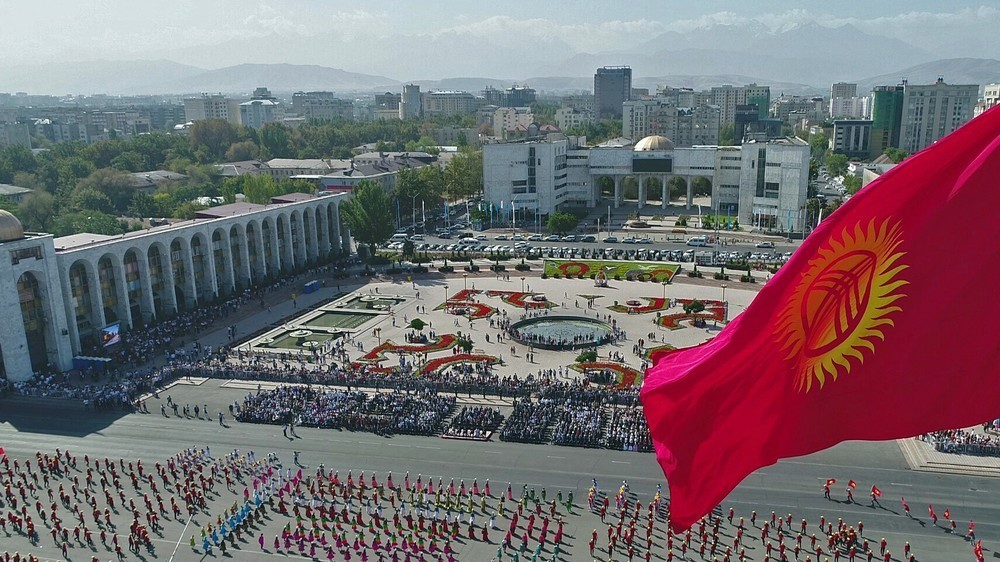Job Creation Main Task of Government in 2024, Says PM
The creation of at least 250,000 jobs is one of the most important tasks of the Cabinet of Ministers for 2024, the Chairman of the Cabinet of Ministers and Head of the Administration of the President of the Kyrgyz Republic, Akylbek Japarov stated at a cabinet meeting on January 11th. “This year should be a breakthrough in all respects,” the minister said. “Yesterday marked three years since Sadyr Japarov became president. During this time, we have managed to do a lot, and we are already seeing the results of this work.” Japarov went on saying that the creation of new industries, the development of the agricultural sector, the opening of new mining projects, the launch of railway construction and building large hydropower facilities will speed up the implementation of the goals planned for 2024. “In the near future, a list of a hundred large industrial facilities that should be launched this year will be approved,” said Japarov. Addressing an acute shortage of qualified labor in the construction and clothing industries, Japarov said that “many clothing enterprises have to attract foreign labor, while our citizens are in labor migration outside the country. Therefore, this whole range of issues should be a priority for all government bodies.”
